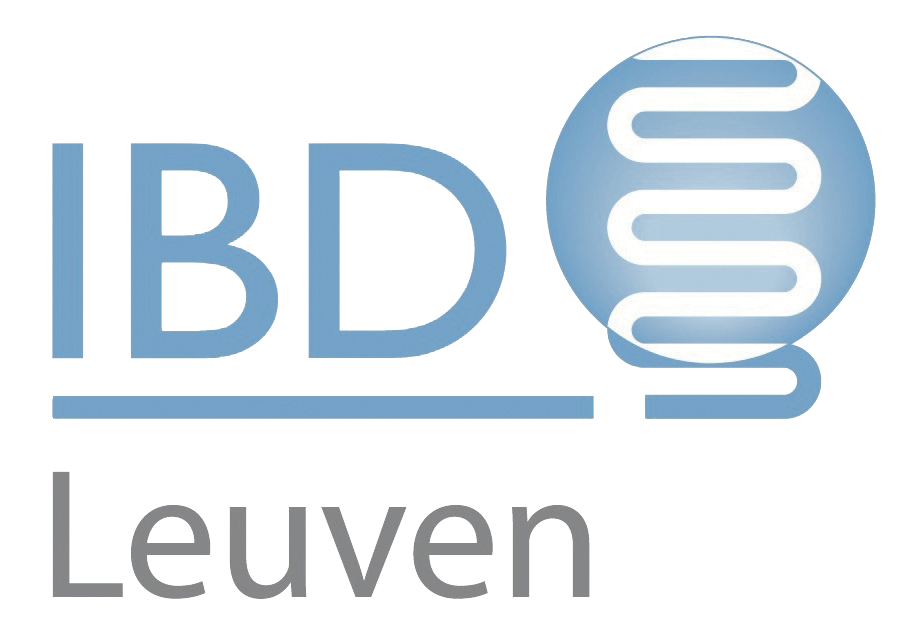Research
Research - (Pharmaco)genetics and genomics
The VLECC study (Vlaams Erfelijkheidsonderzoek Crohn en Colitis Ulcerosa or Flemish genetic research on Crohn’s disease and ulcerative colitis) has allowed us to collect (after informed consent) DNA and serum of affected individuals together with first degree family members representing a total of several thousand individuals. The majority of these individuals have been analysed on the Immunochip. This, together with our participation in the IIBDGC (International Inflammatory Bowel Disease Genetics Consortium) allows us to be at the forefront of several genetic and pharmacogenetic studies conducted in the field of IBD.
Our group has investigated several susceptibility loci (such as those related to autophagy, ER stress, microbial sensing, inflammasome, intestinal barrier); genetic risk profiling and prediction of disease course; molecular reclassification of Crohn’s disease; copy number variants in Crohn’s disease; genetic predisposition to treatment side effects; and the role of the ubiquitin proteasome system in Crohn’s disease. We are currently also investigating genetic and environmental factors in familial IBD in our large dataset of multiplex (≥3 affected first-degree relatives) IBD families.
Pharmacogenetic analyses have analyzed the role of polymorphisms involved in apoptosis and the potential of mucosal gene expression arrays to predict response to anti-TNF agents. Current research is focusing on genetic factors involved in long-term response and development of antibodies to anti-TNF agents. In this context, we have demonstrated the impact of HLA-DRB1 alleles on the formation of antibodies to infliximab. Polymorphisms influencing drug clearance are also under investigation. We are also conducting mucosal gene expression studies in patients treated with vedolizumab to identify predictive genes for response.

